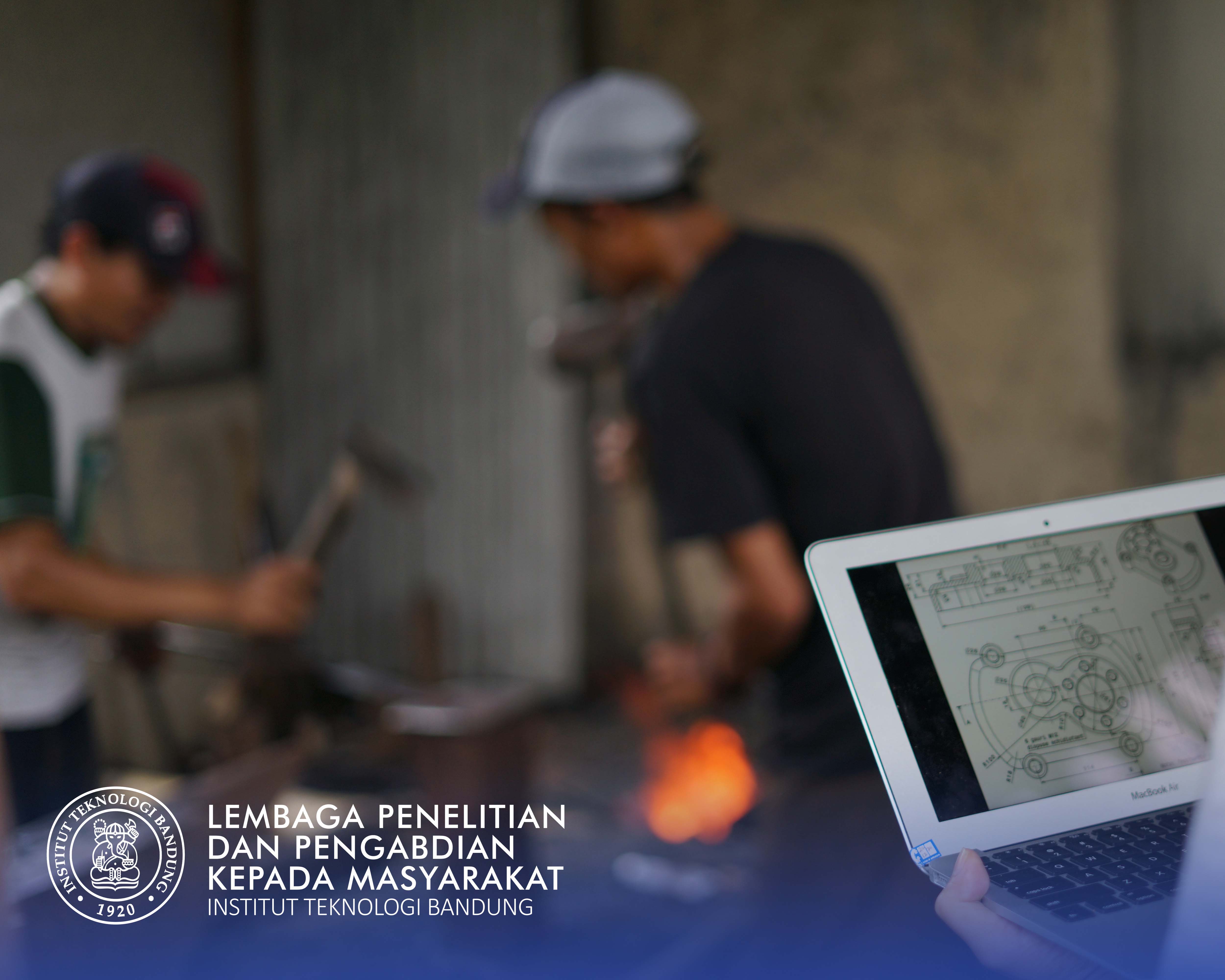

Sasanti Tarini
Wangi pandan leaves are one of the growing plants and found in Indonesia, including in the area of ​​Bandung and its surroundings. The use of fragrant pandan leaves has been limited in addition to food making, such as dyes and flavor on food. Wangi's pandan leaves have a distinctive aroma and are known to contain alkaloids, saponins, flavonoids, tannins, polyphenols (Hutapea, 2000), essential oils, carotenoids, tocopherol, tokotrienol, and quersetin. Traditionally used pandan leaves are also used for Antiquebombe. This flavonoid content in this fragrant pandan leaf provides antimicrobial activity (Cowan, 1999) which is likely to produce an antique effect.
Application of appropriate technology, the implementation of social care activities in the form of education / counseling / mentoring
The use of fragrant pandan leaves has been limited as an addition to food making.